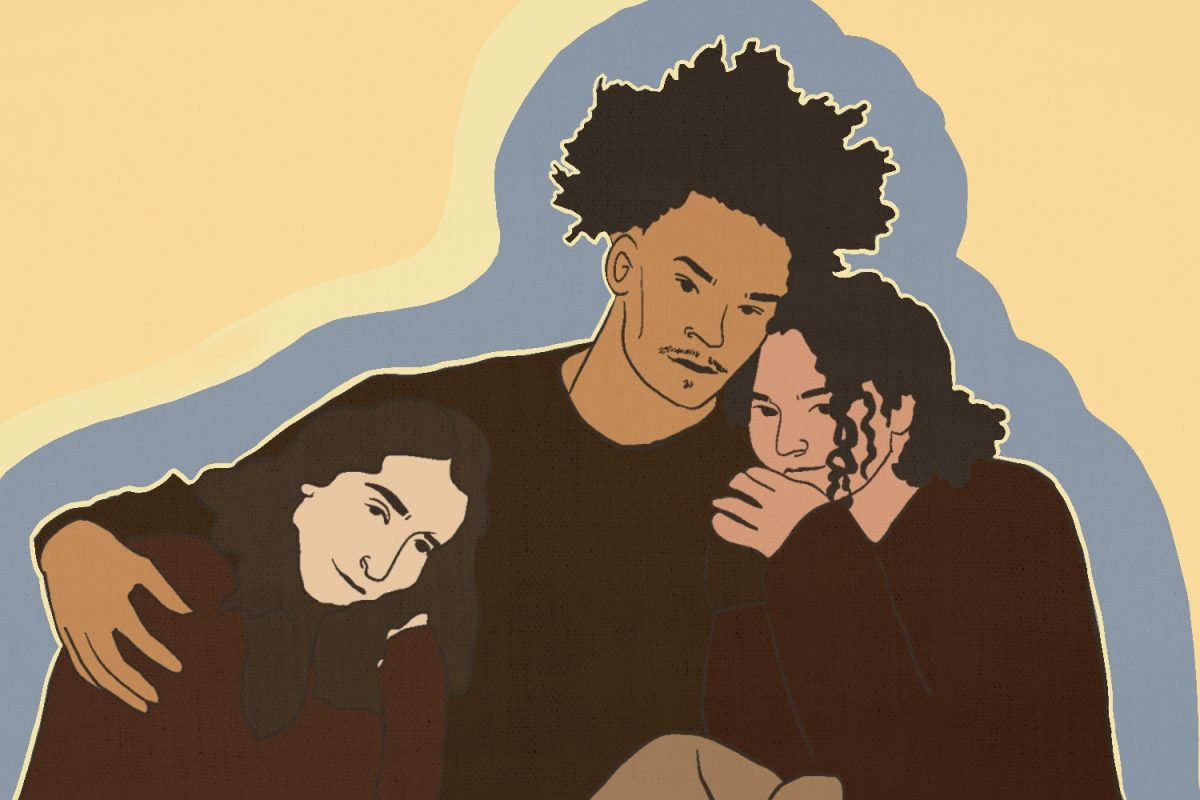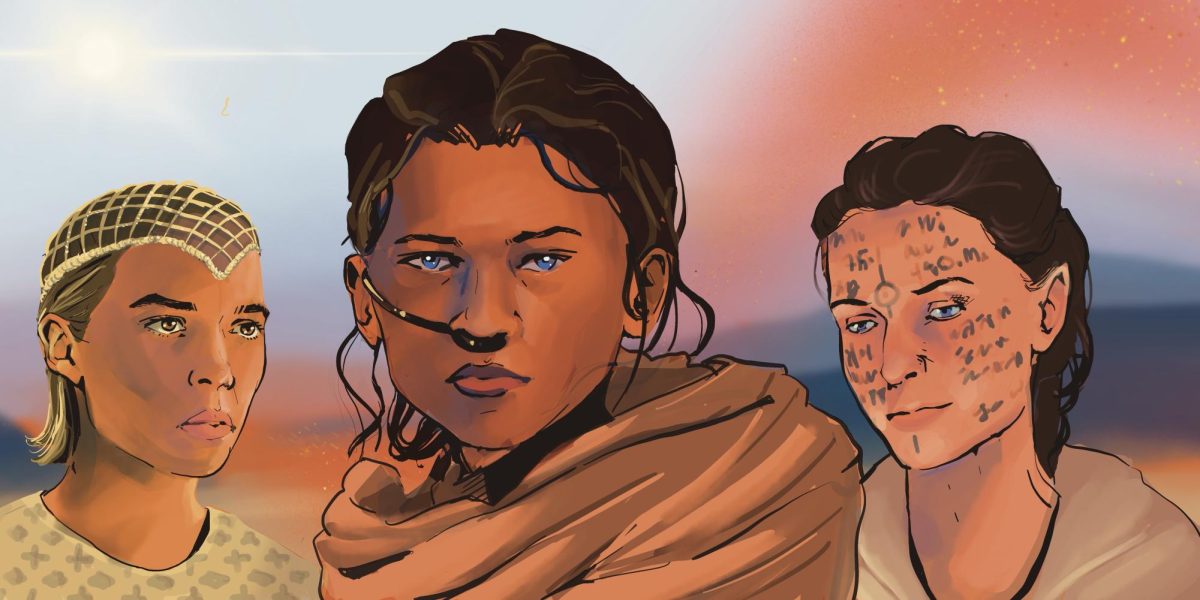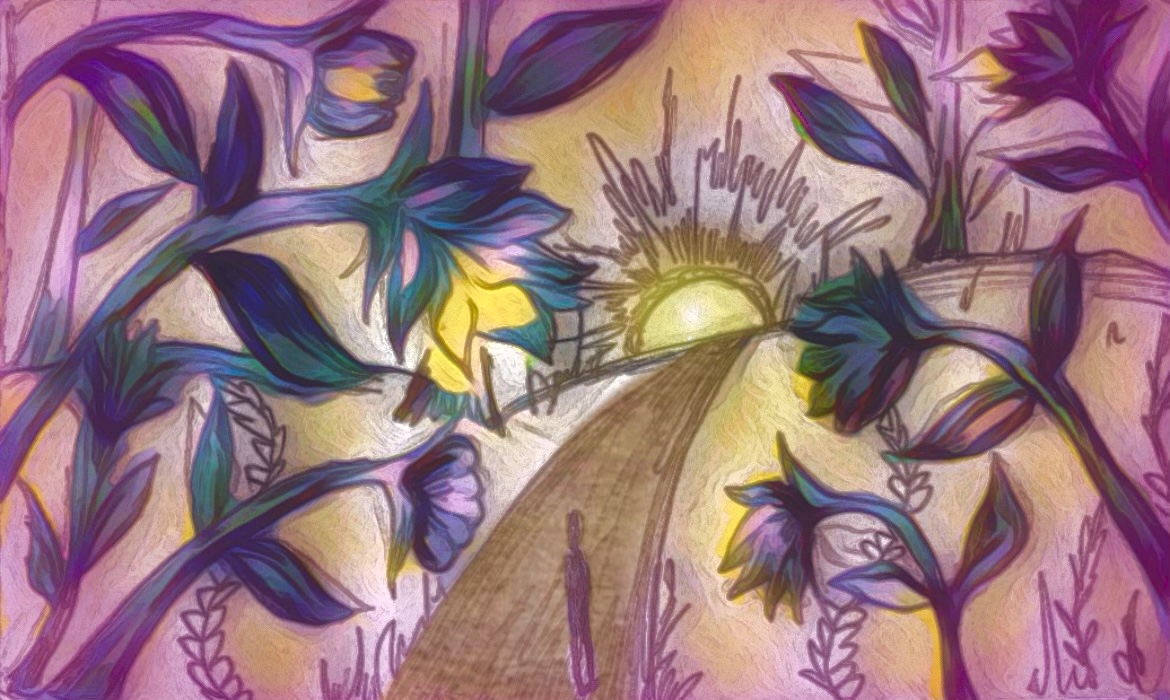Full of soul-pounding sounds and pre-colonial string-band inspiration, the Grammy-winning Carolina Chocolate Drops performed both original songs and covers at the Flynn theatre on Jan. 27.
A whimsical display of American music, the concert was presented in association with the UVM President’s Initiative for Diversity in honor of Dr. Martin Luther King Jr. and the struggles of African-Americans.
Multi-instrumental musician Hubby Jenkins and New Orleans cellist Leyla McCalla joined Rhiannon Giddens and Dom Flemons, two of the three original “Drops,” for the performance. They are young faces representing a long and tumultuous history.
Though the ancestors of their string music hail from Africa, the Carolina Chocolate Drops’ voices and instruments transcend both time and racial boundaries.
On stage, fiddles, banjos, guitars, bones and jugs outnumbered the performers. The musicians exchanged instruments and musical roles throughout the two sets.
Opening up with “Currs Negro Gig,” Flemons provided brief background before Giddens’ fiddle-fingers struck. Almost Gaelic in beat, the song quickly turned twangy with the banjo and lighthearted with Jenkins’ bone routine.
The bone music, manipulated by the hands of Jenkins and Flemons, grew increasingly impressive as the two challenged each other in outlandish routines. There was never a dull moment, as the musicians often played through their legs, in the air or while doing a jig.
“Don’t Get Trouble in Your Mind” involved the giddy audience in call and response, and “Bodily, Bum, Bum” garnered smiles as Flemons sped through suggestive lyrics.
Each song enlivened the soul of old string music, but it was an Ethel Waters’ blues cover, “No Man’s Mama,” that really shone.
Giddens, a hip-shaking historian, provided short biographies on the artists and songs the group was showcasing. The music became a window into an American past too easily forgotten.
The song “Leaving Eden” captivated the audience with a tale of closing mills that gave rise to ghost towns and impoverished families in Rockingham, N.C. Their ancestors’ small-town struggles were not much different than the movement of today’s jobs overseas.
An original piece was inspired by guitar and banjo player Etta Baker’s love for her “dancing man” of a father, and further demonstrated the Drops’ collective ability to bring distant memories to the present.
In recognition of her own musical history, McCalla debuted her voice that night with a Haitian folk song.
The Creole lyrics, backed by Giddens, were a phenomenal tease, as McCalla’s vocal talent was only showcased on this song.
Sweet, evocative words and notes resonating from her cello contrasted with their message that in Haiti, the country’s sun was dying.
Returning to the stage in an encore, the Carolina Chocolate Drops sang the a cappella song “Read ‘Em John.” John was one of the few slaves who could read letters and books aloud to the less educated people around him. With increased speed, “read ‘em John” slowly became “freedom John, freedom let me go.”
The Carolina Chocolate Drops left the audience both captivated and thoroughly entertained.












